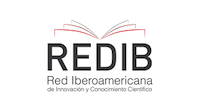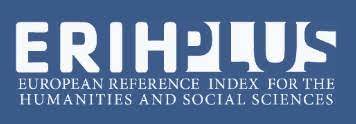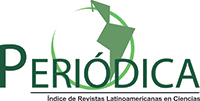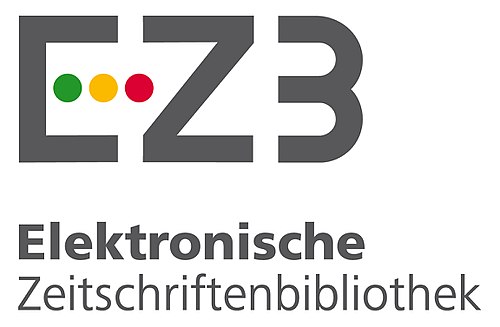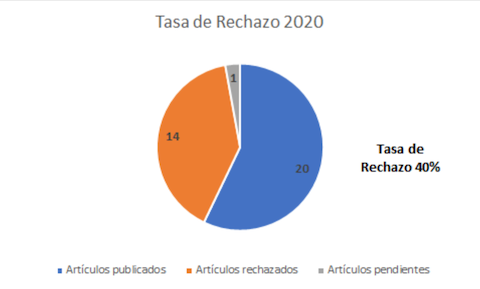The social network: central dimension of structural and functional understanding of family strengthening programs of the Colombian Air Force.
DOI:
https://doi.org/10.18667/cienciaypoderaereo.564Keywords:
Family intervention, Social network, categories and subcategories of analysis, Family Assistance and Promotion ProgramsAbstract
This article describes and interprets the results of a qualitative research of social relevance, having as theoretical and hermeneutic reference the live concept of social network. The social network is conceived as a fundamental element for the human being, given that through it are woven and build personal, family, community and social relationships. In the context of this research, the main interest was the identification and description of the functioning and structure of the social network of family care and promotion programs, led by the Air Force's Family and Social Welfare Division (DIFAB) Colombian (FAC). Participated 25 people, 10 mothers and parents of the support services offered by DIFAB and 15 Professionals (Psychologists, Social Workers, Teachers, Chaplains) that make up the Mobile Intervention Teams of the FAC. The research was qualitative with a descriptive and hermeneutical approach and a semi-structured interview was applied to the population sample through the technique of the focal group. The results show that the social network fulfills functions of emotional support, generation of links of cooperation and specific services, also is in force an internal normativity in the institution that protects the family of the uniformed ones.Downloads
References
Arango, R. (2003). Necesidad de los principios. Pero, ¿Cuáles principios? Persona y Bioética. Mayo-agosto, Revista N°19, Volumen 6.
Bonilla, E. Rodríguez, P. (2005). Más allá del dilema de los métodos. Disponible en: https://es.scribd.com/doc/106220258/ELSSY-BONILLA-Mas-Alla-Del-Dilema-de-Los-Metodos-lntroduccion-y-Cap-1
Bronfenbrenner, U. (1979) The Ecology of Human Development. Harvard University, Cambridge, MA: Harvard University Press.
Ejército Nacional de Colombia. (2009). Directiva Permanente No. 141935/ 2009 CGFM-DGSM-SS-GSP. Publicación Interna.
Escarda, M. G., Ruiz, J. H., & Redondo, R. J. P. Familia y suelo pegajoso en las fuerzas armadas españolas. Revista Mexicana de Sociología, 78(2).
Fernández, R. (2005). Redes sociales, apoyo y salud. Revista Perifé-ria. Disponible en: https://ddd.uab.cat/pub/periferia/18858996n3/18858996n3a4.pdf
https://doi.org/10.5565/rev/periferia.149
Fuerza Aérea Colombiana. (2015). Directiva Política Integral de la Familia FAC. (2015) No /2014 - MD-CGFM-FAC-COFAC-JEMFA-JED-23.1
Gómez E, M. (2009). Las medidas de apoyo a las familias de los militares desplegados en misiones Internacionales. Observatorio de política exterior española, Madrid, España.
Sanmartín, M, & Aldave, G. (2013). Empoderamiento de las Redes Sociales en las Crisis Institucionales. Vivatacademia, 15 (124).
Slusky, C. (1996). La red Social: Frontera de la práctica Sistémica. Barcelona: Edisa.
Villalba, C. (1993). Redes sociales: Un concepto con importantes implicaciones en la intervención comunitaria. Intervención psicosocial. 2(4). Disponible en: http://www.copmadrid.org/webcopm/publicaciones/social/1993/vol1/indice.htm
Downloads
Published
Issue
Section
License
Assignment of Copyrights
Authors assign Ciencia y Poder Aéreo journal the exclusive rights (reproduction, distribution, public communication, and transformation) to exploit and commercialize their work, in whole or in part, in all the formats and modalities of present or future exploitation, in all languages, throughout the life of the work and throughout the world.
All contents published in Ciencia y Poder Aéreo journal are licensed under a Creative Commons Attribution 4.0 International License, whose complete information is available at http://creativecommons.org/licenses/by/4.0/
Under the terms of this license, users are free to download, print, extract, archive, distribute and publicly communicate the content of articles, provided that proper credit is granted to authors and Ciencia y Poder Aéreo, scientific journal of the Graduate School of the Colombian Air Force. Except when otherwise indicated, this site and its contents are licensed under a Creative Commons Attribution 4.0 International License.
For other uses not considered under this license it is required to contact the Director or the Editor of the journal at the e-mail address cienciaypoderaereo1@gmail.com.
The Graduate School of the Colombian Air Force and this publication are not responsible for the concepts expressed in the articles, including the metadata or the affiliation stated by authors. This is the full responsibility of the authors.





